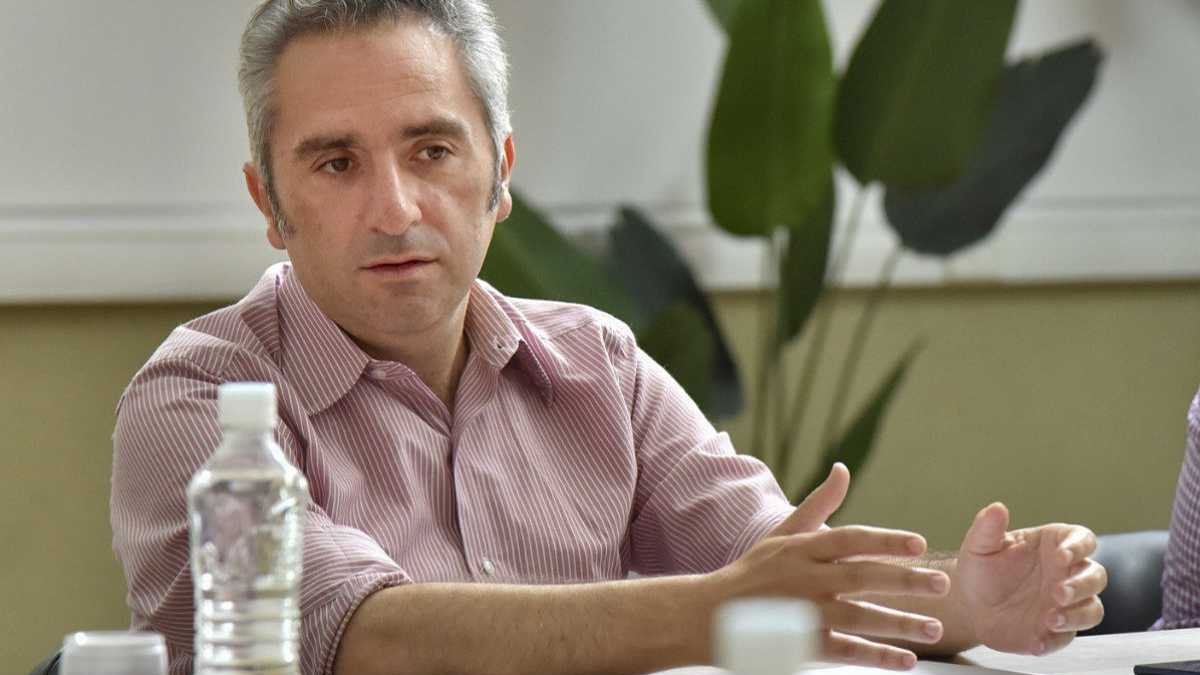In a recent interview, Minister of Labor Martin Kocher thinks loudly about raising unemployment benefits – under one condition.
In an interview in the upcoming issue of the news magazine “profil”, Minister of Labor and Economics Kocher sees the “danger of inflation” in the “redistribution between people with debt and people with savings.” The upheavals in the population that inflation triggers are “underestimated”. “If inflation stays high, an increase in unemployment benefits and emergency assistance may be necessary,” says Kocher.
Kocher wants to counter long-term unemployment with changes to the additional earnings limit. “The additional income should continue to exist where it helps to get back on track in the labor market. But not if it prolongs unemployment” And: “Good job offers will have to be accepted.”
READ MORE: For the first time again fewer than 300,000 unemployed
That’s what the minister predicts for the fall
Kocher sees “no reason to panic” when it comes to future gas deliveries from Russia: “We won’t have to sit there with thick blankets in the winter.” And: “Energy control is an extremely unlikely scenario. The gas storage tanks are filling up; we can get by for six months with a 40 percent filling level. We want to have the storage tanks 80 percent full by autumn.” But Kocher advises to “save energy – drive less, adjust the thermostat better”.
The European Central Bank (ECB) assumes that the economic situation will only improve towards the end of the year.
FCA Vice Luis de Guindos does not expect the rapidly rising inflation in the euro zone to drop until the fourth quarter. “Inflation will hover around current levels over the next few months. We expect it to start declining starting in the last quarter of the year,” ECB Vice President Christine Lagarde said on Friday at an event organized by major Swiss bank UBS discussion board.
ECB anticipates “difficult months”
This is not the ideal situation for monetary policy, says de Guindos. However, the mandate of the ECB is price stability. “We have seen that inflation lasts much longer and becomes more entrenched,” he says. The European Central Bank (ECB) has a difficult few months ahead as inflation will initially remain high and the economy will lose momentum.
In the face of inflation, the ECB announced the first interest rate hike in eleven years at its latest interest rate meeting for July. Then she wants to raise the key interest rates by 0.25 percentage points. For its rate meeting in September, it is aiming for a second step up, which may be even stronger. Inflation in the euro area climbed to a record 8.1 percent in May.

 –
–

